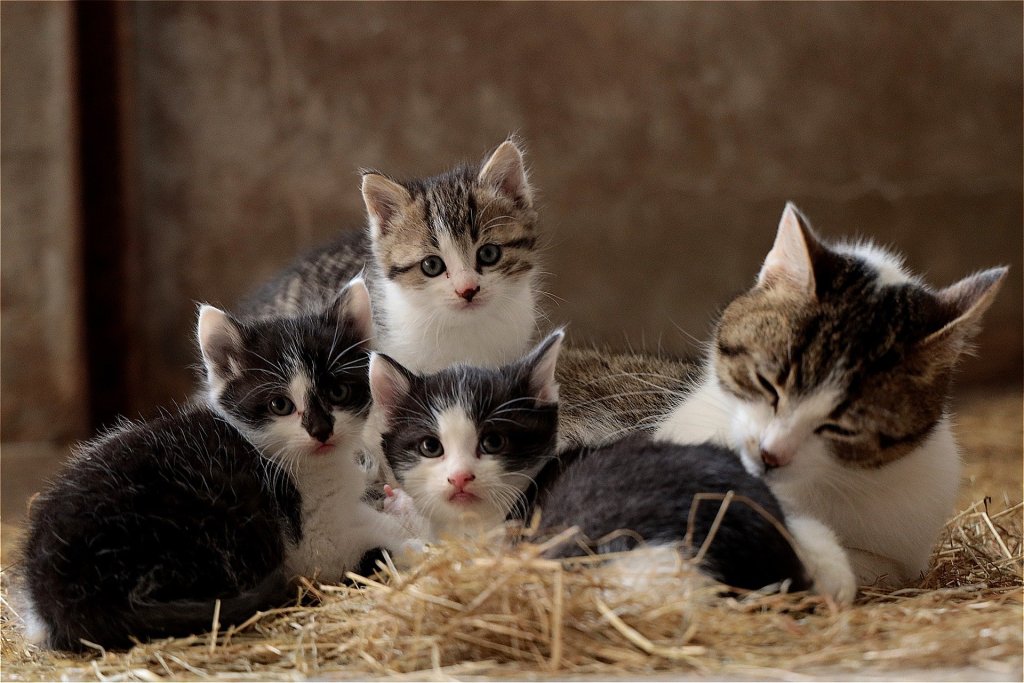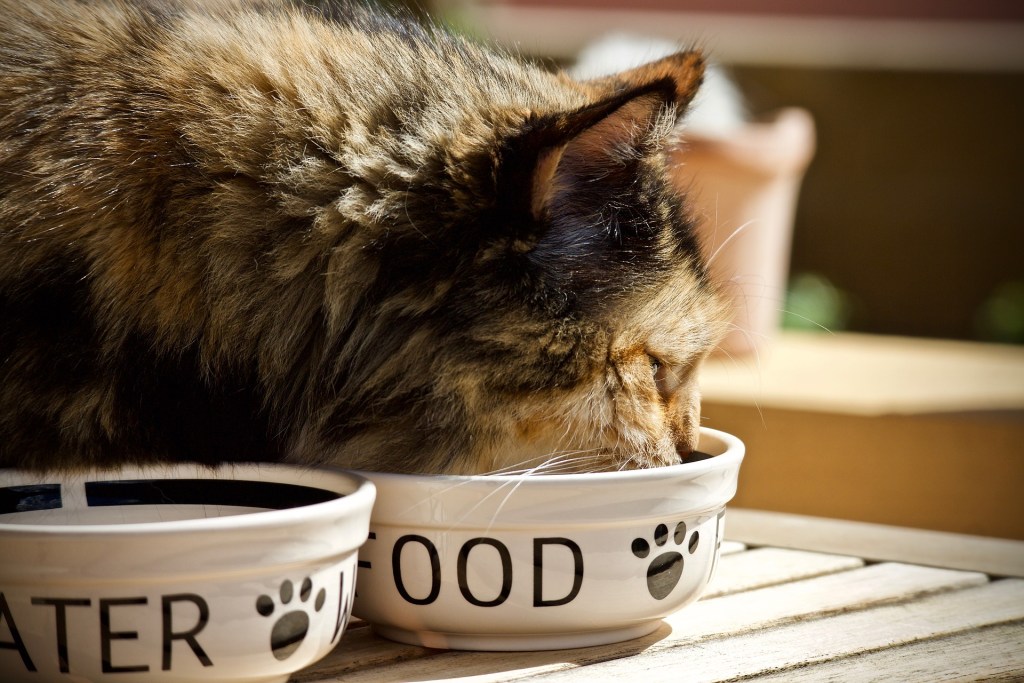When your cat is pregnant, she’ll need some extra care to keep her healthy and to ensure that her kittens grow up strong and healthy, too. One important element of understanding how to care for a pregnant cat is knowing what to feed her. As your cat’s pregnancy progresses, her nutritional requirements will change. Not only will she eat more, but she’ll need higher quality food. If you’re thinking about breeding your cat or have just discovered that she is expecting, it will be important to know what to feed a pregnant cat to help her and her babies flourish.
Why nutrition matters to your pregnant cat
During her pregnancy, your cat needs extra protein and calories, which help support the development of the kittens, and also give her the energy she’ll need to give birth and then care for her young. Cats who don’t receive the proper nutrition during their pregnancies could have fewer kittens, could give birth to kittens who are underweight, or could even give birth to kittens who experience health issues.

What to feed a pregnant cat
In most cases, a pregnant cat will get the nutrition she needs from high-quality kitten food, according to VCA Hospitals. Kitten food is higher in protein and calories than your typical food, meaning your cat can eat less of it while still meeting her nutritional needs. Kitten food is available in wet and dry forms, but dry food is more nutritionally dense than wet food. It’s best to feed a combination of the two, which can help to keep your cat hydrated while still making certain she gets the nutrition she requires.
While kitten food often works well for pregnant cats, keep in mind that your cat may need a special diet depending on other health conditions. Always discuss dietary changes with your veterinarian to make sure that you’re supporting your cat’s health with your food choices.
How much to feed a pregnant cat
Your cat will gradually start to eat more and more during her pregnancy to meet her growing caloric needs. By the end of her pregnancy, she’ll be eating about 1.5 times the amount of food that she usually eats.
Many pregnant cats will self-manage their intake well as long as you supply them with plenty of food. Keeping dry food available to your cat continuously can encourage her to graze, and most likely she will instinctively eat as much as she needs. You can supplement that dry food with wet food.
While many cats will self-regulate their food intake while pregnant, it is possible for cats to gain too much weight or to even lose weight while pregnant. For that reason, it is important to weigh your cat at least weekly during her pregnancy. You can talk to your veterinarian about ideal weight gain during feline pregnancy, and so be better prepared to notice any concerning discrepancies.

Tips for changing your cat’s food
When your cat is pregnant, you’ll need to gradually transition her over to her special diet. It’s important to make that transition slowly since sudden food changes can lead to digestive upset for your cat.
Start by introducing just a little bit of the new food into your cat’s current food. Then, over a period of 1- to 2 weeks, gradually add in a little more new food each day, while also decreasing the amount of your cat’s old food. Soon, your cat will be eating all new food.
Once on the kitten food, your cat can continue to eat that food throughout her pregnancy and as she raises her kittens. It will give her the nutrition she needs while nursing her kittens, and, as an added bonus, they will gradually learn to eat the food by watching her.
Consult your vet
Providing your cat with the nutrition she needs during her pregnancy is one of the best ways that you can care for her and the kittens. If you have questions about your cat’s pregnancy, her dietary needs, or her overall health, always talk with your veterinarian right away. They will become a close partner during this exciting time and will be the best person to give you specific recommendations about your cat’s unique pregnancy and health needs. With your vet’s guidance, you should be able to support your cat through her pregnancy and get to watch her kittens grow up strong and healthy as a result.


